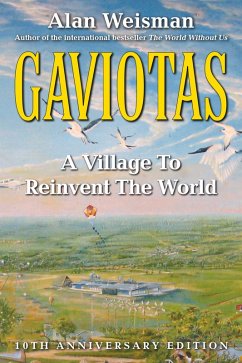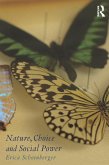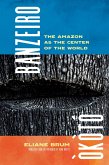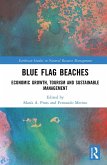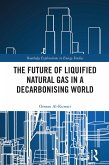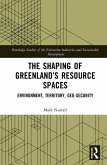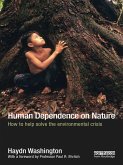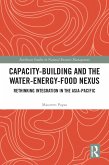Here, in the late 1960s, a young Colombian development worker named Paolo Lugari wondered if the nearly uninhabited, infertile llanos could be made livable for his country's growing population. He had no idea that nearly four decades later, his experiment would be one of the world's most celebrated examples of sustainable living: a permanent village called Gaviotas.
In the absence of infrastructure, the first Gaviotans invented wind turbines to convert mild breezes into energy, hand pumps capable of tapping deep sources of water, and solar collectors efficient enough to heat and even sterilize drinking water under perennially cloudy llano skies. Over time, the Gaviotans' experimentation has even restored an ecosystem: in the shelter of two million Caribbean pines planted as a source of renewable commercial resin, a primordial rain forest that once covered the llanos is unexpectedly reestablishing itself.
Colombian author Gabriel García Márquez has called Paolo Lugari "Inventor of the World." Lugari himself has said that Gaviotas is not a utopia: "Utopia literally means 'no place.' We call Gaviotas a topia, because it's real."
Relive their story with this special 10th-anniversary edition of Gaviotas, complete with a new afterword by the author describing how Gaviotas has survived and progressed over the past decade.
Dieser Download kann aus rechtlichen Gründen nur mit Rechnungsadresse in A, B, BG, CY, CZ, D, DK, EW, E, FIN, F, GR, HR, H, IRL, I, LT, L, LR, M, NL, PL, P, R, S, SLO, SK ausgeliefert werden.

